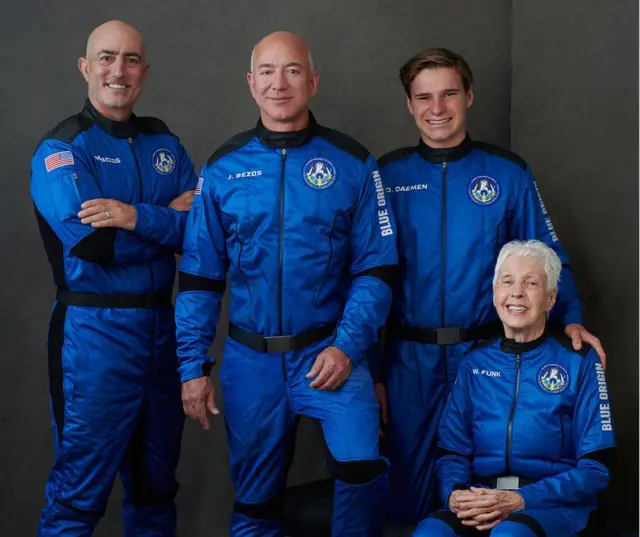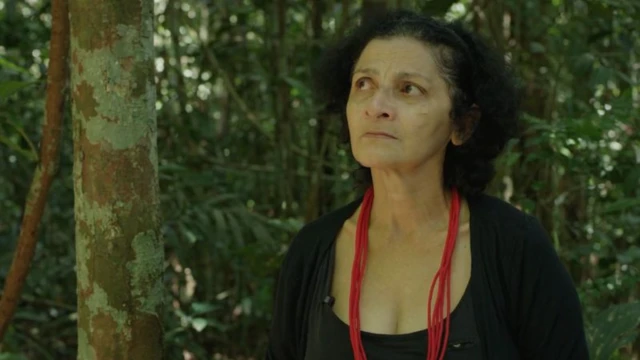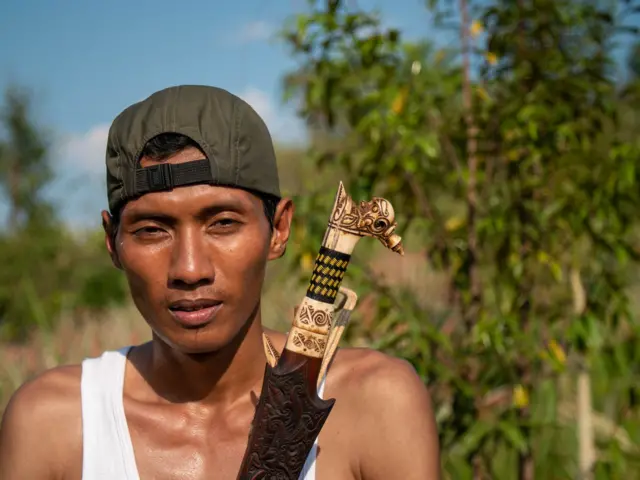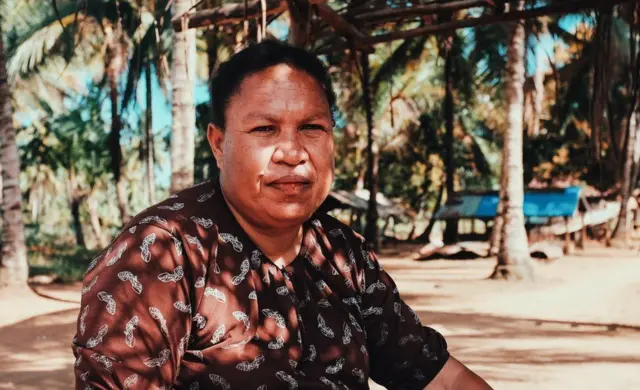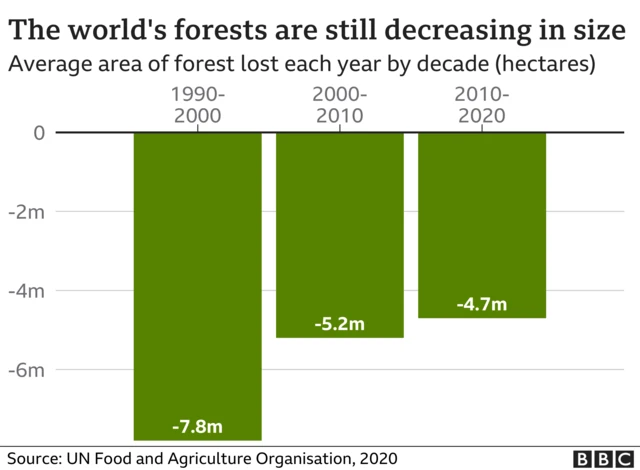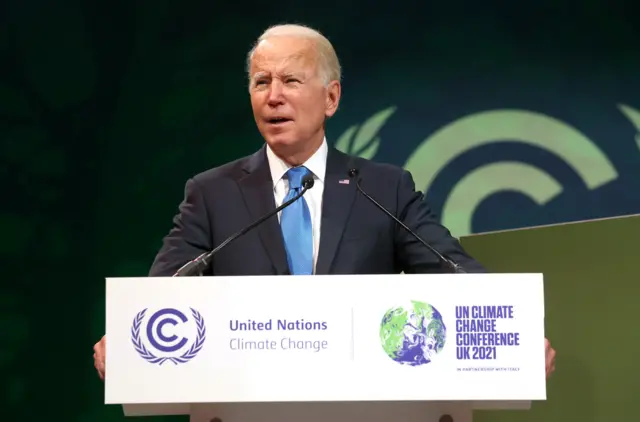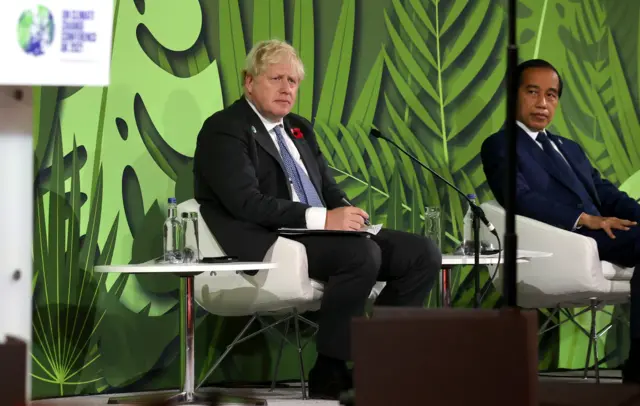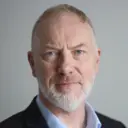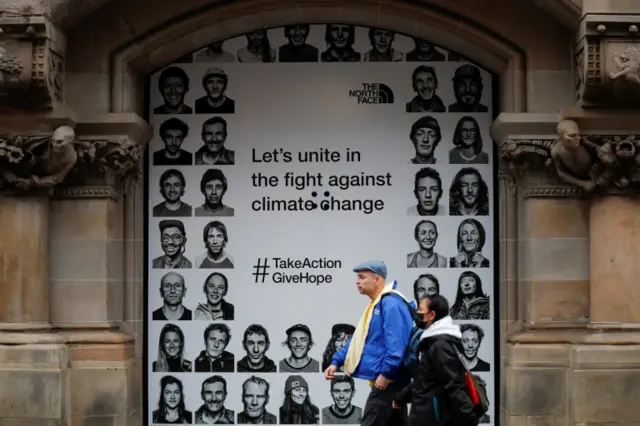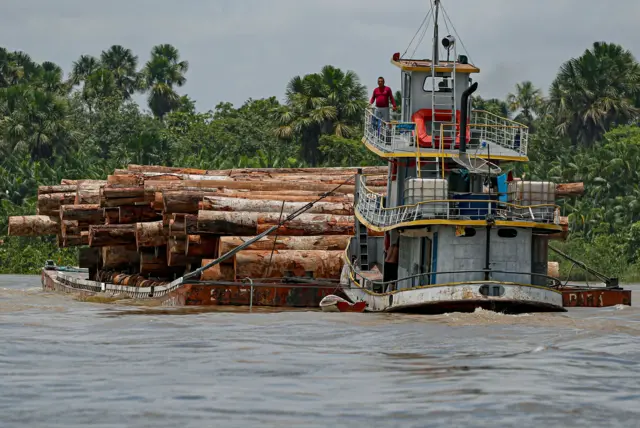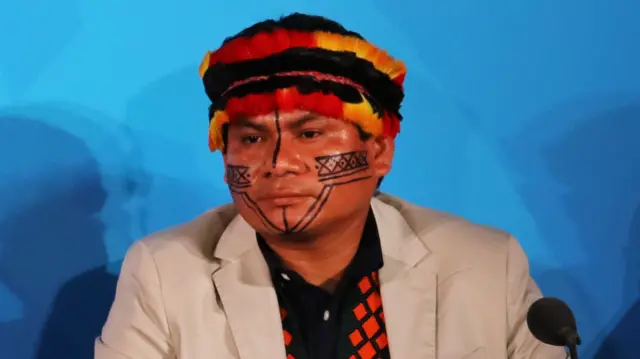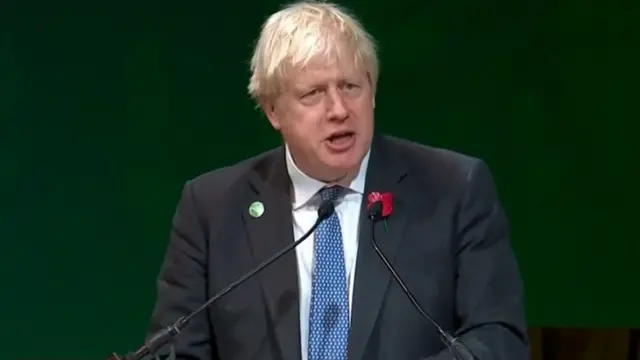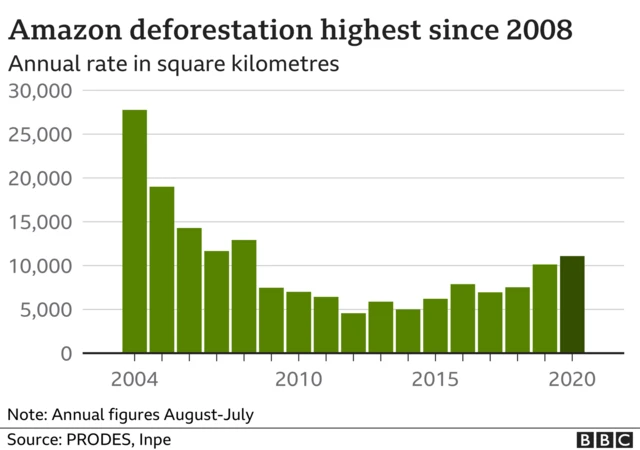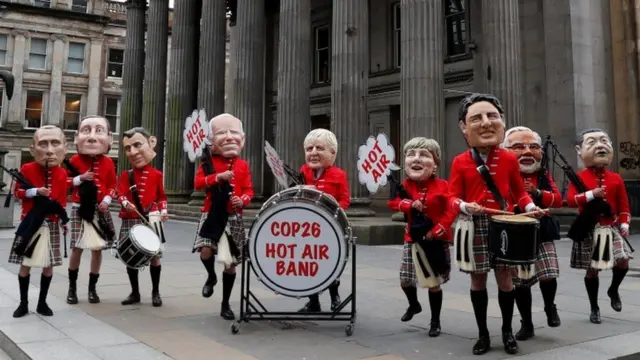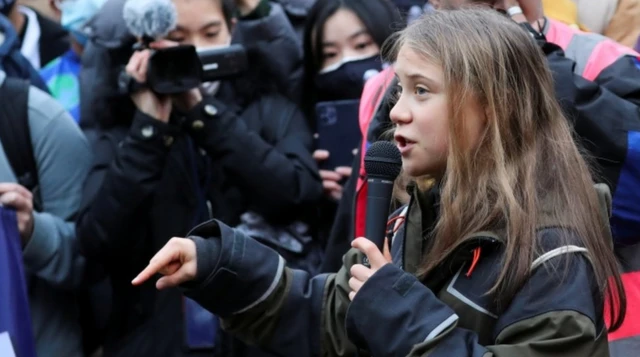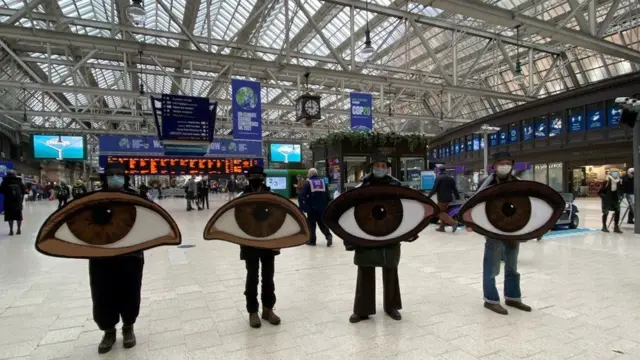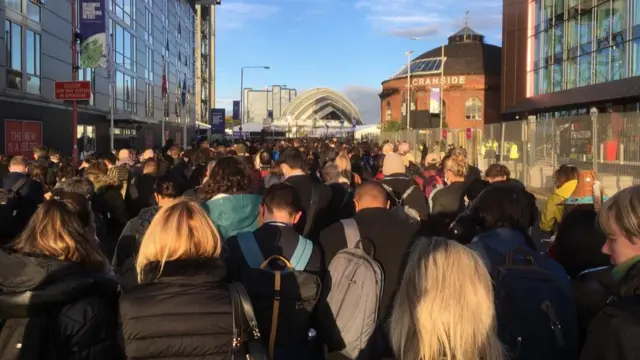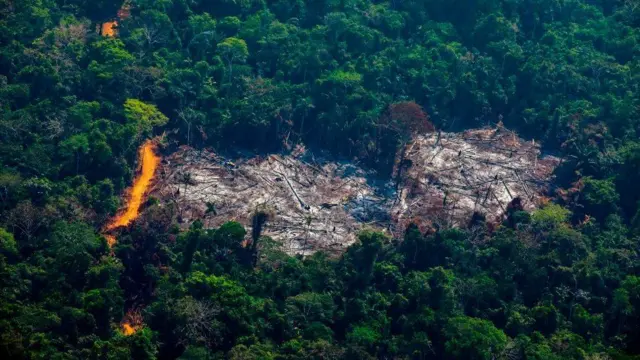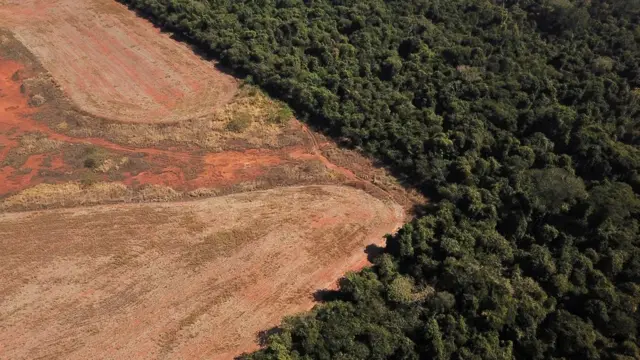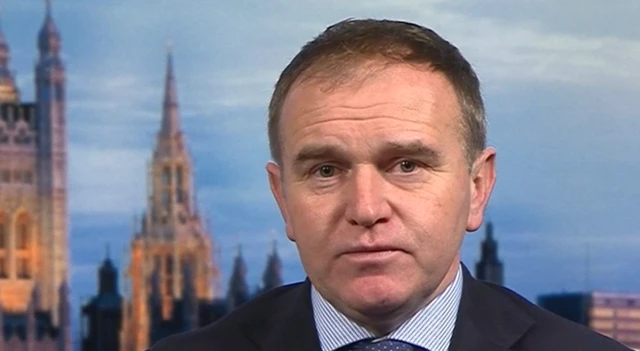Voices from the conference: 'It's everyone's world'published at 11:49 GMT 2 November 2021
 Laura Foster
Laura Foster
BBC correspondent in Glasgow
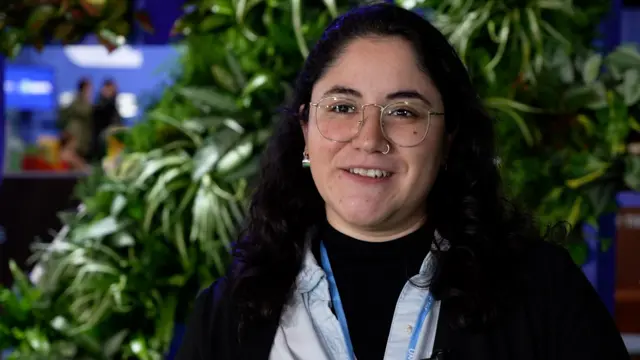
Isabella Villanueva Garcia is a One Young World ambassador and civil engineer from Chile working on sustainability and climate change.
She’s at COP26 as an observer - that means she’s not directly involved in the negotiations but she’s looking on and trying to influence things.
“Here is a point where different perspectives and realities are in the same place," she says of COP26.
“The time flies here. You start usually 9am or earlier with meetings then you can participate in different side events or activities that are happening all the time here. You can have thousands of events happening at the same time.”
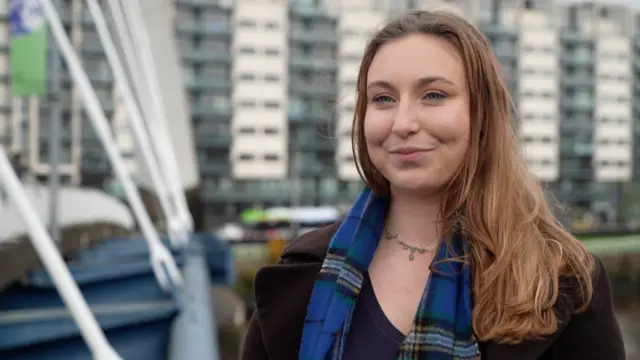
Isobel Thomas-Horton is a Glasgow University student who also works on its sustainability team. She's another who's at the conference to observe - and keep other students in the loop.
"It's all of our world. It doesn't just belong to the politicians," she says.
"Everyday people can have everyday solutions often more so than politicians who can be quite removed."
